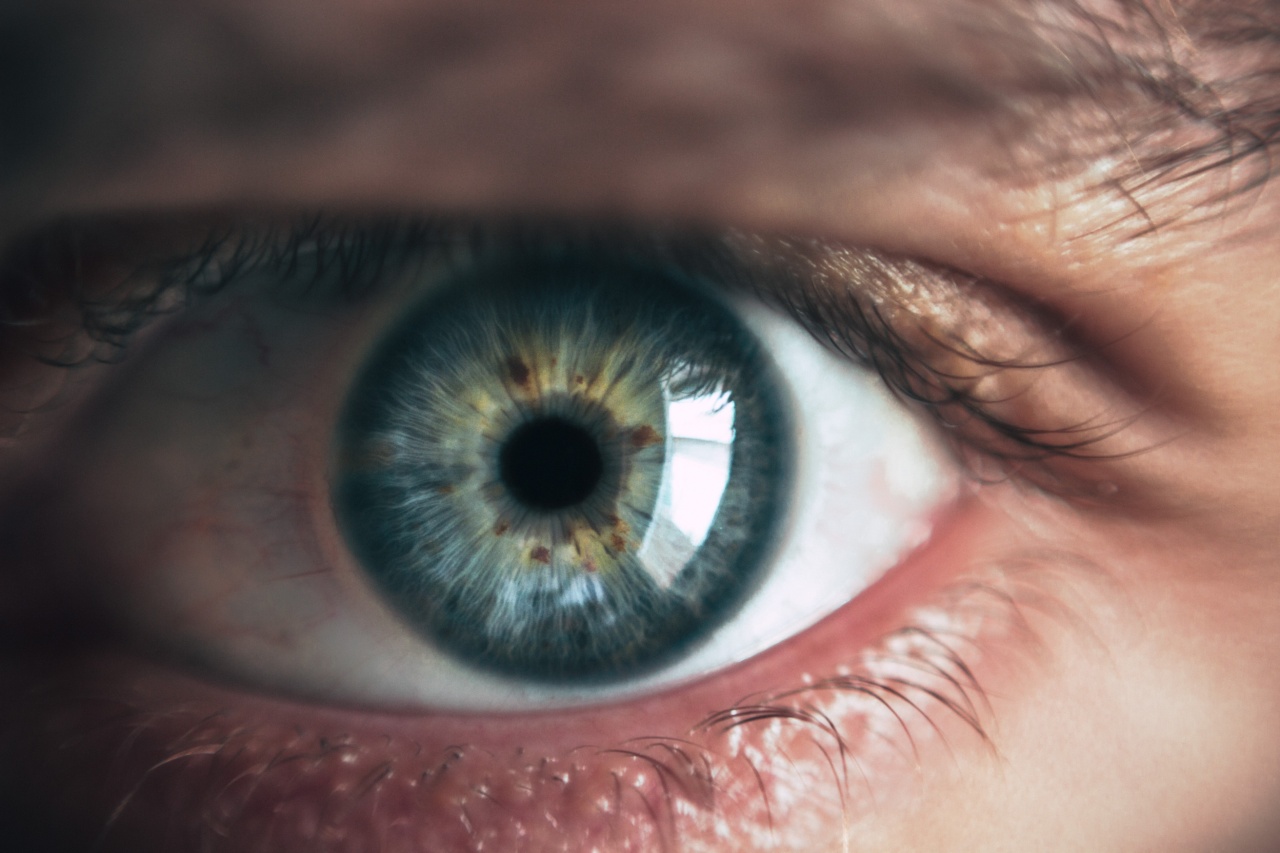Blurry vision is a common problem that can affect people of all ages. It refers to a loss of sharpness and clarity in eyesight, making objects appear fuzzy or out of focus.
While occasional blurriness may not be cause for concern, persistent or worsening symptoms should not be ignored as they may indicate underlying health issues. In this article, we will explore the top seven causes of blurred eyesight.
1. Refractive errors
Refractive errors, such as nearsightedness (myopia), farsightedness (hyperopia), and astigmatism, are among the most common causes of blurred vision.
These conditions occur when the shape of the eye prevents light from focusing directly on the retina, leading to blurry images.
2. Cataracts
A cataract is a clouding of the lens inside the eye, leading to blurry vision. It usually develops gradually and affects the clarity of vision, colors, and contrast.
Cataracts are most commonly associated with aging, but they can also be caused by certain medications, eye injuries, or underlying medical conditions.
3. Glaucoma
Glaucoma refers to a group of eye conditions that damage the optic nerve and can cause blurred vision. It is often associated with increased pressure inside the eye, leading to irreversible vision loss if left untreated.
Glaucoma can develop slowly and may initially cause peripheral vision loss before affecting central vision.
4. Macular degeneration
Macular degeneration is a condition that affects the macula, the central part of the retina responsible for sharp, detailed vision. It can cause blurred or distorted central vision and, in advanced cases, a blind spot in the center of the visual field.
Macular degeneration is more common in older individuals and is a leading cause of vision loss in people over 50.
5. Diabetes
Diabetes can cause various eye problems, including blurry vision. High blood sugar levels in diabetes can damage the blood vessels in the retina, leading to a condition called diabetic retinopathy.
This can result in blurred or fluctuating vision, dark or empty areas in the visual field, and even blindness if left untreated.
6. Dry eyes
Dry eyes occur when the eyes do not produce enough tears or when tears evaporate too quickly. This can cause discomfort, redness, and blurry vision.
Dry eyes can be caused by various factors, including aging, certain medications, environmental factors, and underlying health conditions.
7. Medications
Some medications can also cause blurred vision as a side effect. These may include antihistamines, antidepressants, blood pressure medications, and certain types of eye drops.
If you experience blurry vision after starting a new medication, it is important to consult with your healthcare provider to determine if an alternative treatment is available.
It is essential to remember that this list is not exhaustive, and blurred vision can be caused by other factors not mentioned here.
It is crucial to seek medical advice and undergo a thorough eye examination to determine the exact cause of blurred eyesight.





























